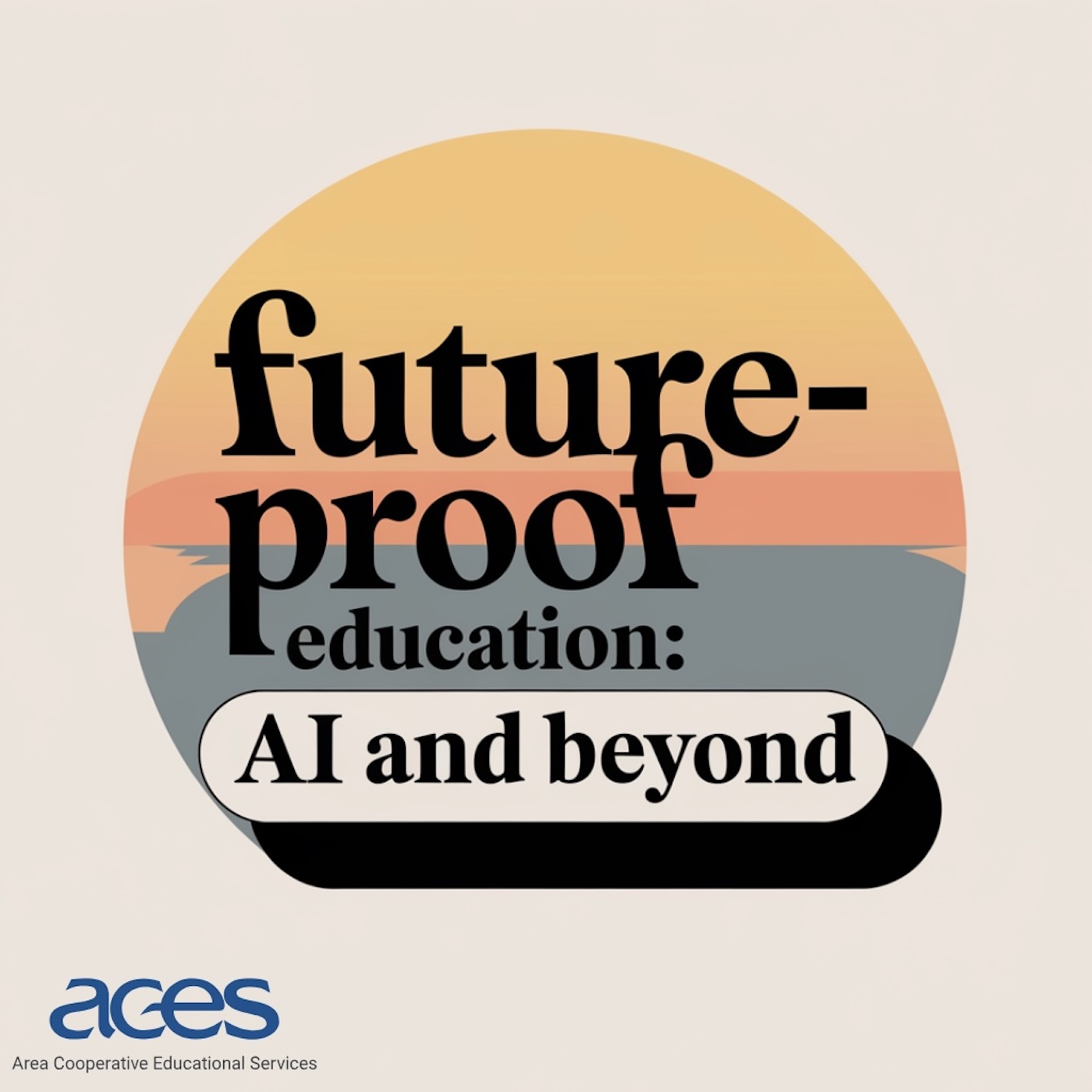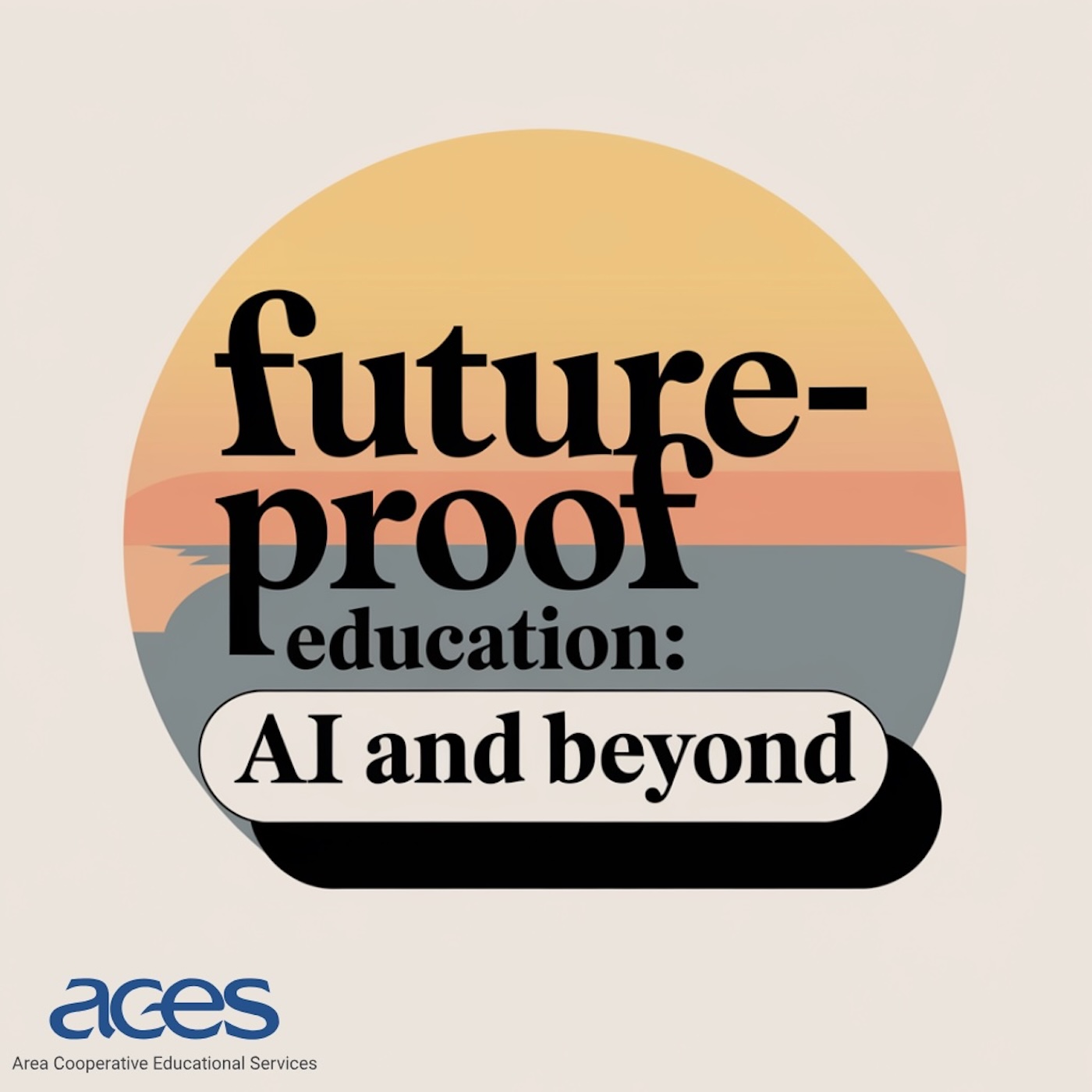Episode 3- Dr. Jessica White on AI's Role in Modern Teaching and Restorative Practices
Description
In this episode of "Future-Proof Education: AI and Beyond," we continue our conversation with Dr. Jessica White, Assistant Director for AI Services and Product Development at ACES in New Haven, Connecticut. This time, we delve into the transformative role of AI in K-12 education, exploring its potential to enhance teaching practices and student engagement.
Key Topics Discussed:
-
AI's Role in Developing Research-Based Strategies for K-12 Education: Dr. White highlights how AI tools, such as ChatGPT, assist educators in crafting lesson plans that incorporate high-leverage, research-based strategies. By providing diverse instructional approaches, AI enables teachers to differentiate instruction effectively, catering to the varied needs of students.
-
Enhancing Student Understanding and Engagement Through AI Applications: The conversation touches on AI's capability to introduce innovative teaching methods, moving beyond traditional practices. For instance, AI-powered platforms can offer interactive and personalized learning experiences, fostering greater student engagement and comprehension.
-
Addressing Misconceptions and Building AI Literacy Among Educators: Dr. White discusses the initial apprehensions educators may have regarding AI, often stemming from misconceptions about its role in education. She emphasizes the importance of professional development and collaborative learning to build AI literacy, enabling teachers to harness AI's potential responsibly and effectively.
-
Ethical Considerations and Mitigating Bias in AI Applications: The discussion underscores the need for ethical integration of AI in education. Dr. White advocates for the establishment of AI committees within school districts to develop policies that prevent the perpetuation of biases and ensure equitable use of AI tools.
-
AI as a Support Tool for Educators and Administrators: By automating administrative tasks and streamlining processes, AI allows educators and school leaders to focus more on direct interactions with students, families, and teachers. This shift enables a more personalized and human-centered educational experience.
Dr. White shares real-world examples of how AI frees up educators to concentrate on meaningful engagement, while also highlighting the importance of maintaining human judgment in educational practices. AI serves as a valuable assistant, but it is the human element that truly drives effective teaching and learning.
Stay Connected: Subscribe to this podcast for more discussions on how AI is transforming education while keeping people at the center of the equation. Also, please like and review.















